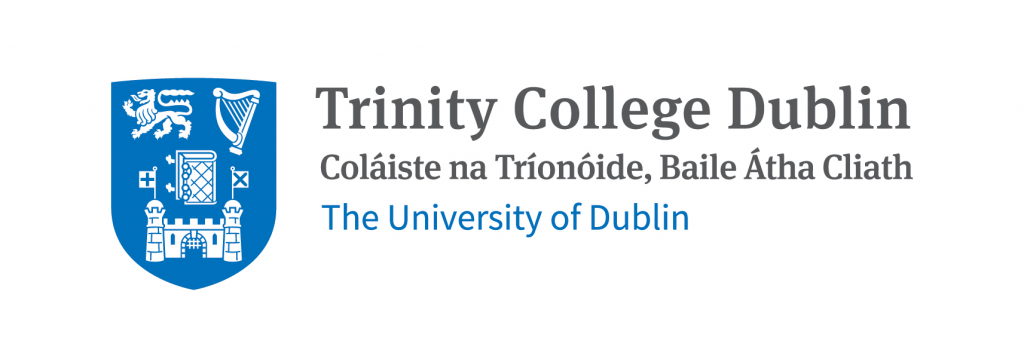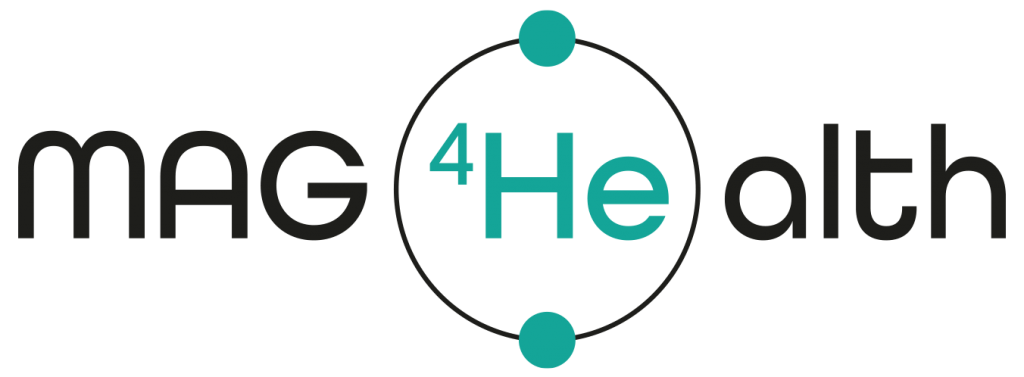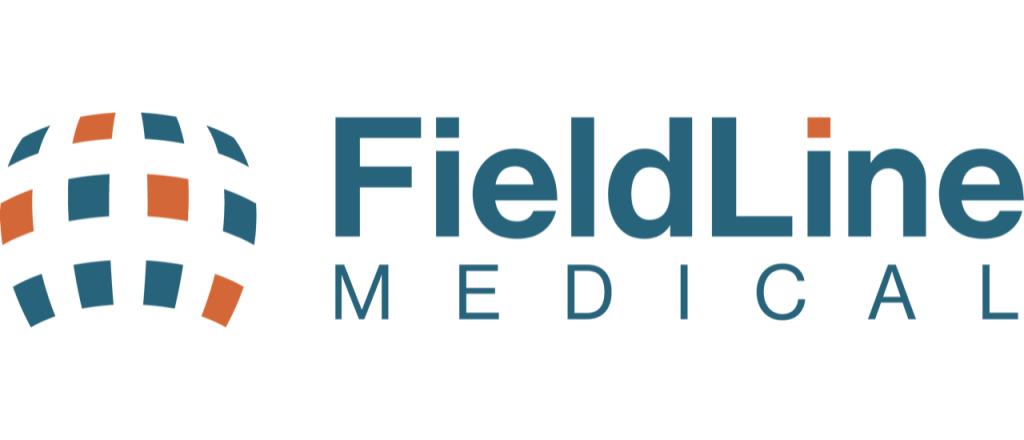Trinity College Dublin, 27th and 28th October

Conference programme
Click here to download our full conference programme PDF, containing all seminar and poster abstracts.
Table of contents
- Programme overview
- Registration and abstract submission
- Location and how to get here
- Gala Dinner
- Visiting Dublin
Conference details
The full conference programme and a list of abstracts will be uploaded in due course.
If you are presenting a talk or poster, please read this important information.
Programme overview
In contrast to previous years, talks will be organised thematically.
Friday, October 27th
Finalised schedule:
- 8.00am-9.00am: Registration, breakfast and coffee
- 9.00am-9.15am: Welcome address
- 9.15am-9.55am: Keynote 1: Satu Palva (University of Glasgow) – Emergent variability of brain dynamics (Sponsored by MEGIN)
- 9.55am-12.15pm: Session 1: Sensory, Memory and Motor Processes (includes 30 min coffee break)
- 10.35am-11.05am: Coffee break
- 12.15pm-12.45pm: Lunch
- 12.45pm-2.15pm: Poster Session 1
- 2.15pm-2.55pm: Keynote 2: Klaus Kessler (University College Dublin) – Oscillatory coupling networks of social cognition
- 2.55pm-5.15pm: Session 2: Higher Cognition (includes 30 min coffee break)
- 3.35pm-4.05pm: Break
- 6.30pm: Gala Dinner at the Guinness Storehouse Arrol Suite (Sponsored by CERCA)
Session 1 speakers: Sensory, Memory and Motor Processes
9.15-9.55am: Keynote: Satu Palva (University of Glasgow) – Controlling brain synchronization dynamics (Sponsored by MEGIN)
9.55-10.15am: Rik Henson (University of Cambridge) – The effect of adult age on sensorimotor evoked responses: dynamics and physiological modelling of the large CamCAN MEG dataset
10.15-10.35am: Peter Murphy (Maynooth University) – Decision-making in changing environments: linking normative computation and neural implementation
10.35-10.55am: Coffee break
11.05-11.25am: Aidan Horner (University of York) – Theta and alpha oscillations in human hippocampus and medial parietal cortex support the formation of location-based representations
11.25-11.45am: Surjo Soekadar (Universitätsmedizin Berlin) – Neuromagnetic brain/neural-machine interfaces for restoration of motor function and beyond
11.45-12.05pm: Poster Prize Winner: Mats Van Es (University of Oxford) – Cyclical evolution of functional brain networks in rest
Session 2 speakers: Higher Cognition
2.15-2.55pm: Keynote: Klaus Kessler (University College Dublin) – Oscillatory coupling networks of social cognition
2.55-3.15pm: Alex Wade (University of York) – Piloting the international brain laboratory perceptual decision task using MEG
3.15-3.35pm: Anne Keitel (University of Dundee) – Rhythms in brain and behaviour
3.35-4.05pm: Break
4.05-4.25pm: Lilian Weber (University of Oxford) – Decision-making in dynamic, continuously evolving environments: neural signatures of flexible choice strategies
4.25-4.45pm: Yali Pan (University of Birmingham) – Linking attention to reading using rapid invisible frequency tagging
4.45-5.05pm: Poster Prize Winner: Oscar Ferrante (University of Birmingham) – An adversarial collaboration to critically evaluate theories of consciousness: activation and synchronisation in MEG
6.30-late: Gala Dinner
We will lead a group on foot to the Guinness Storehouse at 6pm departing from the Arts Block. Please see the Gala Dinner section below for more details.
Saturday, October 28th
Finalised schedule:
- 8.30am-9.30am: Registration, breakfast and coffee
- 9.30am-10.10am: Keynote 3: James Bonaiuto (CNRS Institut des Sciences Cognitives, Lyon) – Non-invasive investigation of cortical laminar dynamics with MEG
- 10.10am-12.30pm: Session 3: New Developments in MEG Methods (includes 30 min coffee break)
- 10.50am-11.20am: Coffee break
- 12.30pm-1.00pm: Lunch
- 1.00pm-2.30pm: Poster Session 2
- 2.30pm-3.10pm: Keynote 4: Margot Taylor (Sick Kids, Toronto) – Going younger: OPM-MEG in under 5-year olds
- 3.10pm-5.30pm: Session 4: Neurodevelopment and Brain Disorders (includes 30 min coffee break)
- 3.50pm-4.20pm: Break
Session 3 speakers: New Developments in MEG Methods
9.30-10.10am: Keynote: James Bonaiuto (CNRS Institut des Sciences Cognitives, Lyon) – Non-invasive investigation of cortical laminar dynamics with MEG
10.10-10.30am: Svenja Knappe (University of Colorado) – HEDscan: A whole-head high-density OPM-MEG system
10.30-10.50am: Tim Tierney (University College London) – Harmonic models of OP-MEG data: Implications for system design and data quality
10.50-11.20am: Coffee break
11.20-11.40am: Olaf Hauk (University of Cambridge) – “Transforming” neuroimaging data: Estimating pattern-to-pattern transformations of brain activity
11.40-12.00pm: Matt Brookes (University of Nottingham) – Towards high-density OPM-MEG: development and applications
12.00-12.20pm: Etienne Labyt (Université Grenoble Alpes) – From 5 Sensors to the Whole Head 4He OPM-MEG
Session 4 speakers: Neurodevelopment and Brain Disorders
2.30-3.10pm: Keynote: Margot Taylor (Sick Kids, Toronto) – Going younger: OPM-MEG in under 5-year olds
3.10-3.30pm: Laura Hughes (University of Cambridge) – MEG as a platform for early phase clinical trials
3.30-3.50pm: Peter Uhlhaas (University of Glasgow) – Gamma-band oscillations in schizophrenia: mechanisms, biomarkers and the search for novel treatments
3.50-4.20pm: Break
4.20-4.40pm: Esther Florin (Universität Düsseldorf) – Modulation of dynamic cortico-subcortical interactions by DBS and medication in Parkinson’s disease
4.40-5.00pm: Elaine Foley (Technological University Dublin) – MEG network alterations in paediatric brain disorders
5.00-5.20pm: Poster Prize Winner – Timothy West (University of Oxford) – Reaching to Understand the Neural Correlates of Tremor Variability During Naturalistic Movement: A High-Density Neuroimaging Study in Essential Tremor Patients
Registration and abstract submission
Registration is now closed for MEGUKI 2023.
If you have already registered via our Google Form, but have yet to pay the €100 registration fee, please follow the PayPal link below to complete your registration.
Sustainability at Trinity College
The Plant-Based Universities campaign is an initiative seeking to transition to 100% just and sustainable plant-based catering in order to tackle the climate and nature crises. To support this initiative, the lunch sandwich platters will be solely plant-based (i.e. vegan).
Trinity is a green campus, and as such we are encouraging our guests to be environmentally friendly by considering the following.
-
- Please bring your own water bottle and fill it up at the venue.
-
- Please bring a reusable cup for teas and coffees. A limited number of reusable cups will be available at the venue for rental. Crockery and disposable cups will NOT be available.
-
- Please leave your name tag lanyard in our collection box on the final day of the conference so that it can be used for future events.
Location, how to get here, & other things to note
All talks will take place in the Edmund Burke Theatre, located inside the Trinity College Arts Building. There are three entrances to the Arts Building, one from Nassau Street and two from the campus itself. The Edmund Burke Theatre is close to these entrances and will be well sign-posted. The registration desk will be close by and the poster boards and industry display stands will be located on the main concourse directly outside the lecture hall.
For attendees travelling with babies, please note that there is a breast feeding room located right beside the Edmund Burke theatre.
Getting To Trinity College
Situated in the centre of Dublin City, Trinity College is a short walk from Pearse Street Train Station, College Green Luas stop (tram), numerous bus stops, and also has ample bicycle parking.
By Taxi
Taxis from Dublin Airport to Trinity College Dublin will cost approximately €30 each way. Taxis from Dublin Ferry Port will cost approximately €15 each way.
By Bus
Dublin Express (Route 782) travels from the Airport to Trinity College Dublin. If choosing the bus option, purchasing return tickets (€14) online in advance is advised.
By Air
Dublin Airport is situated 12km from Trinity College. There are regular scheduled flights from Edinburgh, Glasgow, Belfast, Dublin, Cork and several European destinations.
By Ferry
Dublin ferry port is situated 6km from Trinity College. There are regular scheduled ferries from Holyhead and Liverpool.
Gala Dinner
All attendees are invited to attend a gala dinner (no extra charge, sponsored by CERCA) at the Guinness Storehouse, one of Ireland’s most visited attractions.
The gala dinner dress code is smart casual, so attendees can be comfortable wearing their clothes from the conference prior.
Attendees making their own way to the Gala Dinner should plan to arrive at the Guinness Storehouse for 6.30pm. Entry will be via the Queens Entrance off Market Street, where Guinness staff will be waiting to greet you (please see pin below). Upon entering, you are invited to take a self-guided mini tour with information about the brewery. After this, pre-dinner drinks will be served from 7pm and the dinner will start at 7.30pm. Complementary wine, beer and soft drinks will be available until 10.30pm. Other drinks (e.g. spirits) will also be available from the bar at your own cost. After 10.30pm drinks will be at your own cost and the bar will remain open until 12.30am.
Getting to the Guinness Storehouse
On Foot
We will lead a group on foot to the Guinness Storehouse from Trinity College, departing from the Arts block at 6pm.
We will begin our walk from College Green by heading west down Dame Street, following the road until passing Christ Church Cathedral on our right. We will continue down Thomas Street, turning left onto Crane Street. At the end of Crane Street, we will turn right onto Bellevue. Finally, we will continue onto Market Street where we will find The Guinness Storehouse on our right.
By Bicycle
The Guinness Storehouse is a 10-minute cycle from College Green, and rental bicycles are available from Dublin Bikes.
Start your cycle from College Green by heading west down Dame Street. Follow the road until you pass Christ Church Cathedral on your right. Continue down Thomas Street until you reach the Guinness brewery entrance at St. James’s Gate. Turn left up Crane Street where you can get a photo in front of the famous Guinness gates!
You can leave your bike in the secure bike area which is situated in the free car park on Crane Street. If you hired from Dublin Bikes, there is a station at Market Street South, near the front entrance.
By Bus
Take the Number 123 from Dame Street Stop 1935 (direction Walkinstown; every 12 minutes) and get off the bus on James’s Street Stop 1941. You can ask the bus driver and he’ll give you a shout when it’s your stop.
Once you get off the bus, walk to your left and take your immediate right onto Echlin Street. At the end of Echlin street, turn left onto Grand Canal Place, and a final left onto Market St where the Guinness Storehouse will be on your left.
By Taxi
Guests can hail a taxi from Dame street to the Guinness Storehouse. Alternatively, taxi apps Freenow, Bolt, and Uber all operate in Dublin city centre.
Returning from the Guinness Storehouse
Taxis will be available from the Guinness Storehouse to bring you back to your accommodation.
In addition, taxi apps Freenow, Bolt, and Uber all operate in Dublin city centre.
Normal Dublin Bus services operate until midnight, with more limited service after midnight.
Lastly, Dublin Bikes operate until 12.30am.
Visiting Dublin
Dublin is a small city with multiple attractions easily navigated to by foot, bicycle, and public transport.
Dublin Bikes are a network of bicycles located around the city centre. A three day ticket costs €5, allowing unlimited journeys up to 30minutes in duration.
To use public transport, you require a Leap Card which can be purchased from almost any shop (including three shops on Trinity College campus) for a €5 deposit. Single trips cost a maximum of €2 using the Leap Card, which can be used on Dublin’s Bus, Tram (Luas) and Light Rail (DART).
Some of Dublin’s most popular tourist attractions include:
Questions?
You can contact the conference organisation team at meguki2023@gmail.com
Organising Committee at Trinity College Dublin
Redmond O’Connell (chair)
Richard Carson
Mark Cunningham
Giovanni Di Liberto
Roisin McMackin
Kathy Ruddy
Technical Staff
Pat Mc Keown
Sponsors














